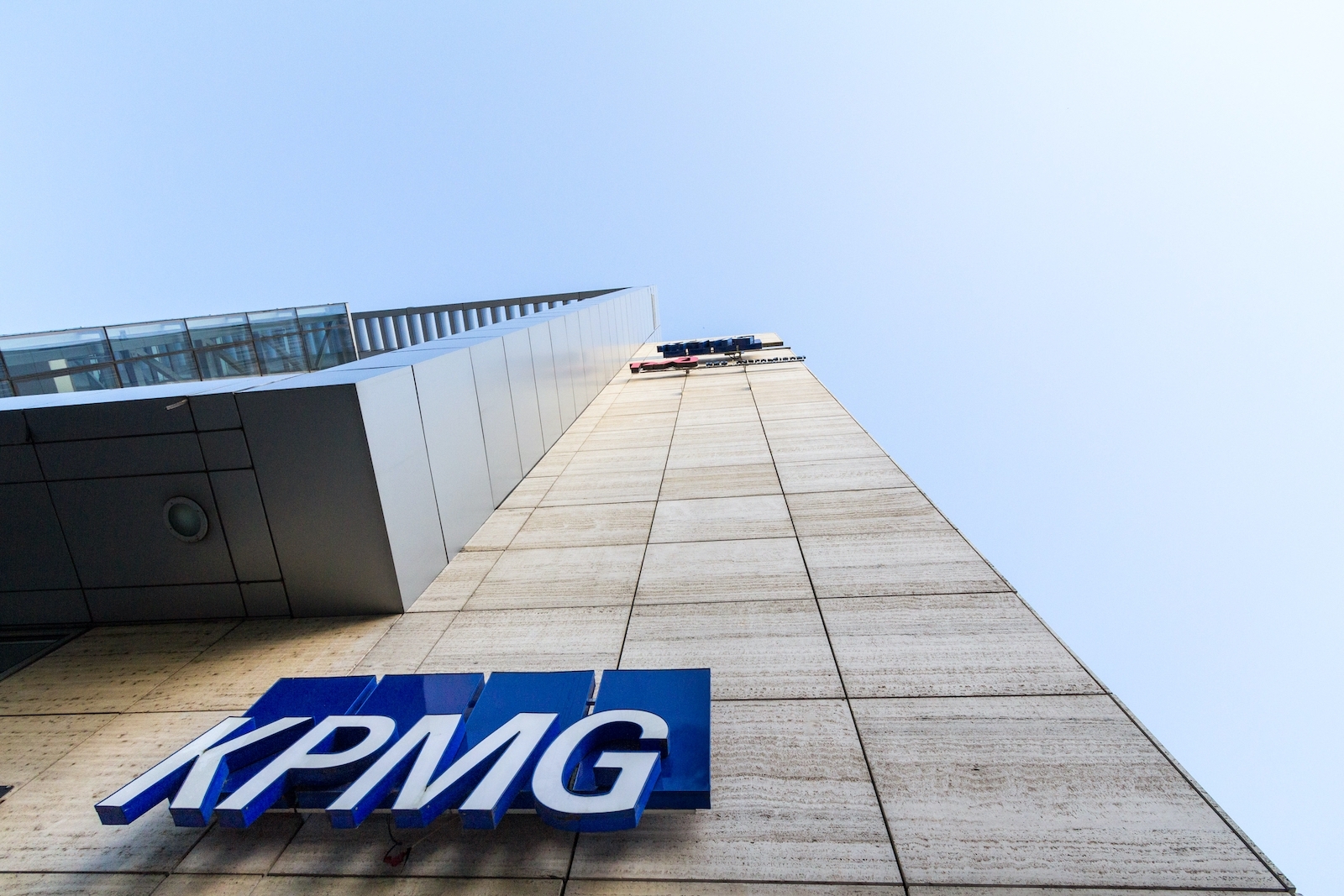
Business
Why KPMG’s Culture Crisis is Symptomatic of a Broken Audit Industry
A disciplinary tribunal filed against auditing giant KPMG has unearthed an internal survey conducted between 2016-17, revealing a veritable crisis of culture among the firm’s ranks. Although KPMG may purport to prioritize the ideals of integrity and quality in all their business practices, the findings provide a rare glimpse into the inner workings of the scandal-ridden auditor and suggest that those values are found to be more than wanting.
It’s unclear how the company’s leadership feels about these revelations, yet the surprise will probably be limited, for a candid look at KPMG’s track record in the years prior to and since that survey indicates that the writing had been on the wall for a long time. With major litigation cases hanging over their heads after the consecutive collapses of some of their highest-profile clients, it’s clear that the problems within KPMG run deep.
One of the biggest controversies to have befallen KPMG in recent years is the demise of UK construction company Carillon, for whom the company conducted audits before and after the now-notorious internal survey. At the time of folding, Carillon had accrued around $9.5 billion in liabilities but had less than $40 million in cash reserves. It’s alleged that this unsustainable state of affairs came about due to negligent bookwork from KPMG, and the liquidators of the construction firm are now suing their auditors for a massive $1.8 billion for failing to spot any red flags.
The British auditing regulator has gone one further by accusing KPMG of actively covering up their errors in order to paint themselves and their work in a better light. The Financial Reporting Council (FRC) claims that KPMG forged documents for financial and reputational gain, creating entirely new spreadsheets and presenting them as contemporaneous after the regulator had asked some awkward questions about their methods in 2017. The lawsuit is ongoing.
It’s far from the only piece of litigation which KPMG is battling, either. Over in the Middle East, the country’s Lower Gulf office (KPMG LG) is heavily implicated in the unraveling of fallen equity fund Abraaj, which at its peak commanded assets of up to $14 billion. However, its founder and CEO Arif Naqvi stands accused of stealing some $385 million in investor capital, as well as fudging the accounts and spending funds on purposes other than those publicized. Two of the firm’s now-liquidated units are suing KPMG for $600 million for “failing to maintain independence and an appropriate attitude of professional skepticism.”
A brief glance at the facts of the matter reveals they may well have a case. The auditor had concerningly close ties to Abraaj: the son of the KPMG subsidiary’s CEO was employed by Abraaj, while several other employees alternated between the two companies. One of them, CFO Ashish Dave, has been slapped with a $1.7 million fine by the Dubai Financial Services Authority (DFSA) for his role in the saga. KPMG not only audited Abraaj and at least nine of its largest funds, but also several of its partners and even gave the company a clean bill of health when investors raised suspicions over its dealings. Deloitte was later drafted in to verify KPMG’s work and the can of conflictingly interested worms sprang open.
Elsewhere, KPMG’s recent performance history makes for similarly underwhelming reading. Back in the UK, they were recently hit with another FRC fine, this time to the tune of $4.1 million, for their involvement in the insolvency of former drinks business Conviviality. The company was forced to fold in 2018 after auditing errors left it with a $41 million tax bill it hadn’t seen coming. The episode prompted an apology from KPMG and a promise from the FRC that they would be inspecting 25% more of the company’s audits in the coming financial year.
One can only imagine that it discovered further discrepancies, since KPMG has come under fire from all angles abroad and at home. In the UK alone, it’s been penalized with multimillion-dollar fines for shoddy work on mattress manufacturer Silentnight, fashion brand Ted Baker, custodian bank BNY Mellon, and insurance outsourcer Quindell. It has been embroiled in scandals in the U.S. and South Africa as well, while 44 of its partners are facing a hefty $5.6 billion lawsuit for their role in the Malaysian 1MDB affair. Indeed, research conducted by the Public Company Accounting Oversight Board (PCAOB) in the U.S. revealed that an eye-popping 50% of the audits performed by KPMG were botched.
KPMG’s questionable standing is illustrative of a wider trend across the auditing industry, whose reputation has taken painful hits in recent years. Indeed, the other members of the Big Four also returned unsatisfactory results on at least one-fifth of the audits looked over by the PCAOB. That’s partially because accountancy is not even their core discipline anymore as all four of them earn over half their revenue from non-accounting consultancy services. Little wonder, then, that KPMG’s two main KPIs are concerned with revenue and profit. Accuracy, quality, and integrity are conspicuous by their absence, despite the lip service that they may publicly pay to those ideals.
With 97% of U.S. public companies and all of the top 100 British corporations on their books, the Big Four have carved out a culture wherein their accounting is not held accountable. However, there are only so many reputational hits they can soak up and scandalous storms they can weather. The fact that 58% of clients surveyed by Source Global Research said they were not happy with their current auditor, and that 22% indicated they would prefer mid-tier firms indicates an emergent appetite for change. The Big Four – and KPMG most prominently among them – must act now to address this crisis of culture, or else the industry could soon cave in on itself like so many of their clients already have.

